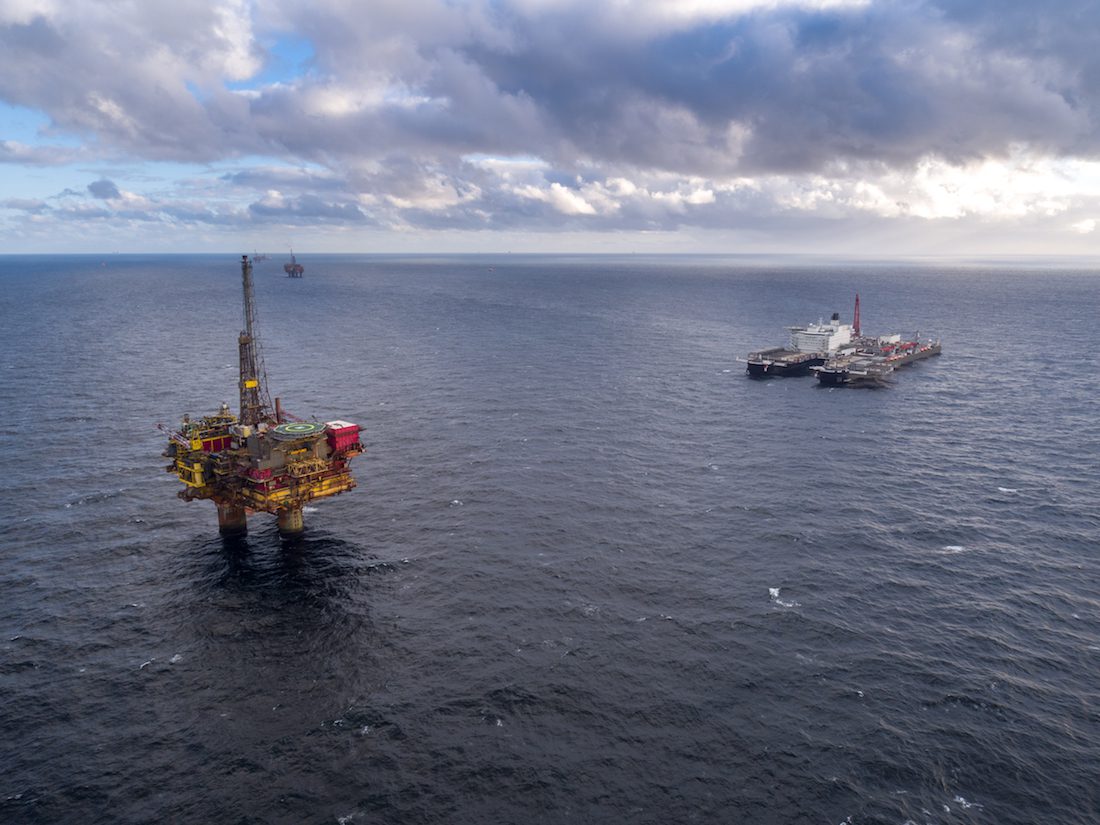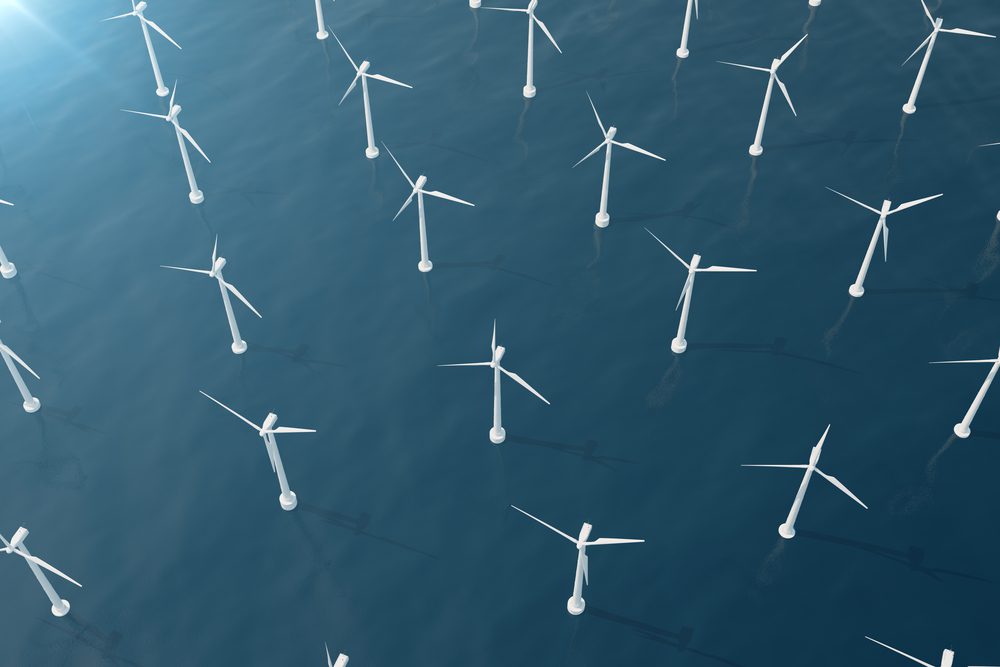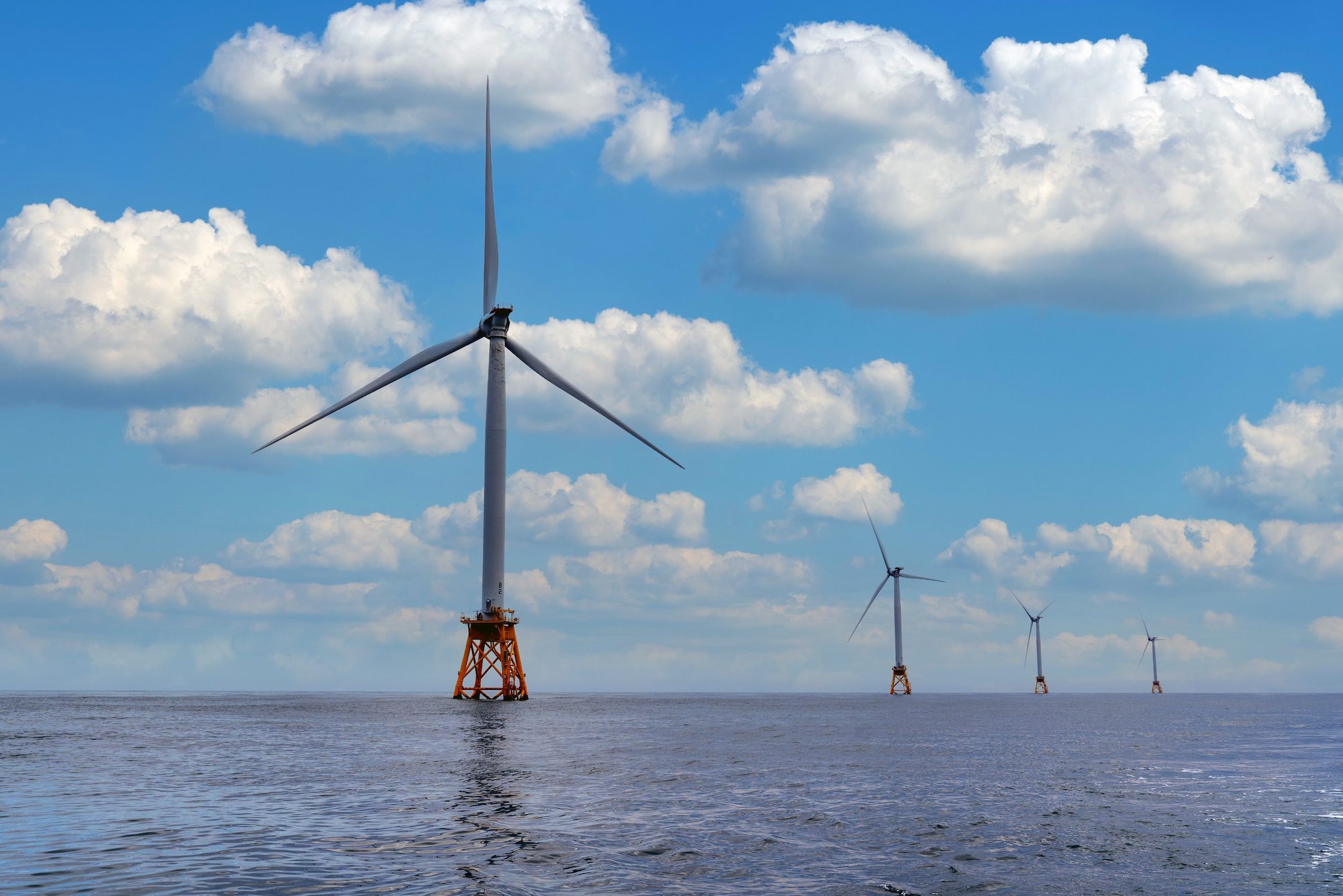The cost estimate of decommissioning oil and gas infrastructure in the UK sector of the North Sea has been cut by 25% in the past five years, reflecting the industry’s progress in reducing costs and executing projects more efficiently, according to a new report published Thursday.
The report was issued by the North Sea Transition Authority (NSTA), the UK government’s authority on the matter. Under the Petroleum Act 1998, owners of oil and gas installations and pipelines are required by law to decommission their offshore infrastructure at the end of a field’s economic life.
The NSTA in 2017 introduced a baseline total cost estimate for decommissioning all remaining UK offshore oil and gas infrastructure of £59.7 billion, and set a target of reducing costs by 35% to £39 billion by the end of this year.
According to the NSTA’s latest report, its forecast fell 2%, or £1.5 billion, to £44.5 billion in 2021– contributing to a total cut of 25%, or £15 billion, since 2017.
“The highly ambitious 35% target was always intended to be challenging and the significant savings already delivered greatly benefit companies, which can invest more in production and emissions reduction projects, and taxpayers by reducing the cost of decommissioning tax reliefs to the Exchequer,” the NTSA said. The Exchequer is basically the treasury of the UK government.
In 2021, decommissioning expenditure totalled £1.2 billion, lower than the forecast £1.4 billion due to improved project execution and Covid-related project deferrals. “This was a sizeable investment in the face of unprecedented logistical and economic pressures, and points to industry’s determination to carry out planned work and meet its decommissioning obligations,” the NTSA said.
Decommissioning spend on th UK continental shelf is expected to ramp up to a peak of more than £2.5 billion per year over the next two decades. While improving cost performance will be in the short term due to market inflation and competition from other energy sectors, the report calls on industry to redouble its efforts in order to capitalize on the long-term opportunity for the supply chain to develop cost-efficient services and win more work overseas.
“Delivering potential savings of £15bn during a short period marked by extremely turbulent economic conditions should give the sector confidence as it looks to the future,” said Pauline Innes, NSTA Head of Decommissioning. “The decommissioning market is worth tens of billions of pounds in the UK alone. Our industry is demonstrating that it can complete projects safely, efficiently and economically in the North Sea, and that places it in a strong position to compete for what is a big international prize.
“The sector must not lose focus and allow inflation to drive up prices. Now is the time to build on the progress already made. The NSTA is determined to help the sector pick up momentum, including through the introduction of new estimates and targets,” Innes added.

 Join The Club
Join The Club











